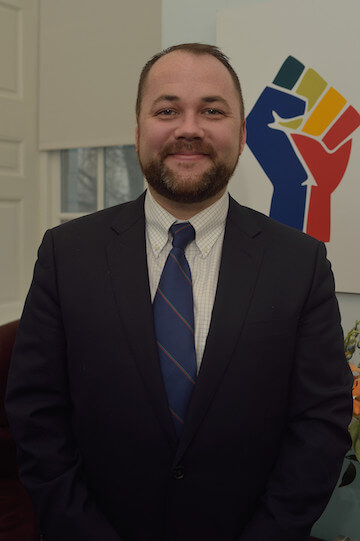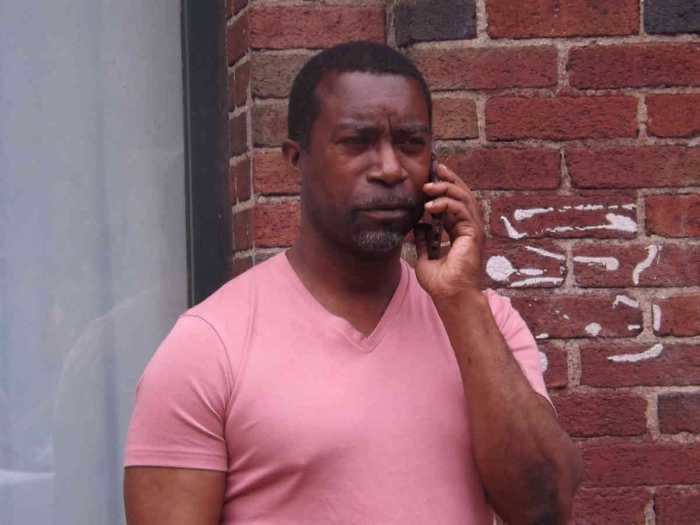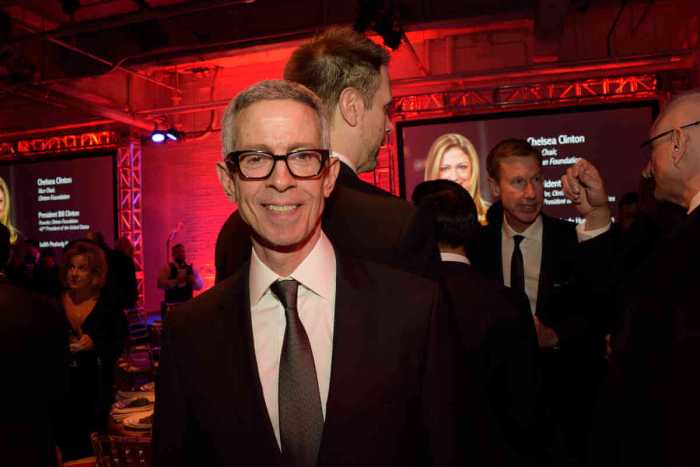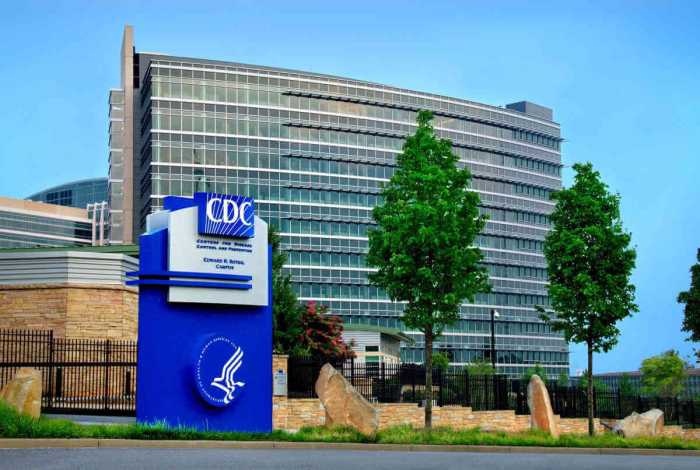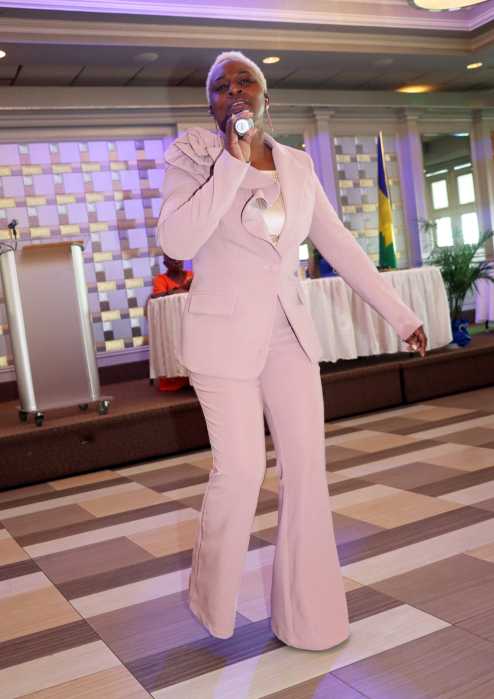Speaker Corey Johnson speaks with Gay City News and its sister papers, Chelsea Now, Manhattan Express, and the Villager in his City Hall office on January 9. | DONNA ACETO
As Corey Johnson assumes the role of speaker of the City Council, he has made some important and expensive promises that multiple constituencies are expecting him to keep. But he is also facing the prospect of cuts in federal and state dollars that could make fulfilling those promises difficult.
“Almost a third of our budget is from the state and federal governments,” said the 35-year-old who is beginning his second term representing a district that includes the West Village, Chelsea, and Hell’s Kitchen. “Until we have a better picture of what the impact is going to be from the state and federal level, we need to be even more fiscally prudent.”
On January 3, the day Johnson won the speaker’s job in a lopsided 48-1 vote in the 51-member City Council, Governor Andrew Cuomo said in his annual State of the State speech that New York was facing a $4 billion deficit in the fiscal year that begins on April 1 and the possibility of another $2 billion in cuts in federal aid. Those cuts will inevitably find their way into the city’s budget — which is $86 billion in the current fiscal year — in state aid cuts and in reduced direct federal aid to the city.
New City Council speaker acknowledges “finite” resources, “difficult choices,” while underscoring his commitment to his local district
Other reductions in revenue could result from the recently enacted federal tax reform law that allows taxpayers to deduct only the first $10,000 in state and local taxes on their federal returns. That could prompt some wealthier New York taxpayers who pay a large portion of city and state income taxes to decamp for lower tax states.
“I believe we’ve done a good job so far at spending money on big picture things that are important to the city while at the same time by putting money away in reserves for when the downturn comes,” Johnson said during an hour-long January 9 interview with Gay City News and its sister NYC Community Media newspapers Chelsea Now, Manhattan Express, and the Villager. “The downturn is coming.”
There is no shortage of demands on the city’s budget. There are all the usual items that every politician must fund, such as police, the fire department, sanitation, and the schools. Then there are the big-ticket items.
AIDS groups have successfully lobbied the state and the city to implement the Plan to End AIDS, an ambitious undertaking that proposes to reduce new HIV infections across the state to 750 a year by 2020. The city has said it will get to 600 new HIV infections annually by 2020. The plan uses anti-HIV drugs to keep HIV-negative people uninfected and HIV-positive people uninfectious. It also expanded services, such as housing and nutrition, for both groups to keep them healthy and taking their anti-HIV drugs.
The de Blasio administration and the City Council are committed to creating 200,000 units of affordable housing over 10 years, with just six years left now to achieve that goal. The administration and the City Council support closing Rikers Island, the city jail, by 2027, which would likely mean opening additional jails elsewhere in the city or at least upgrading existing facilities.
The city has at best a limited ability to raise revenues on its own.
“Most of the city taxes except the property tax are not within the purview of the City Council,” said Johnson, who is openly gay and HIV-positive. “I wish the city had more taxing authority, but under the State Constitution, we don’t.”
On affordable housing, at least part of the solution is not building new housing, which is expensive, but keeping the affordable units, such as rent-stabilized units, in place, restoring those illegally taken out of rent-stabilization, and pushing back against legal and illegal efforts to convert those homes to market-rate housing.
“Number 1, it is cheaper in a very significant way to preserve the affordable housing that currently exists in New York City,” Johnson said. “The biggest way to do that is to strengthen the rent laws, which sadly the City Council has a very limited say over. It’s done by the State Legislature.”
The city Rent Guidelines Board has approved small or no rent increases for rent-stabilized units in recent years. And the city can and has pushed back against landlords who have illegally converted rent-stabilized units to market rate, though some of that effort has relied on the city’s district attorneys, notably Cy Vance in Manhattan and Eric Gonzalez in Brooklyn. The state Division of Housing & Community Renewal, the primary agency that regulates housing, has been less effective in that work.
“New construction is very expensive,” Johnson said. “Construction costs for new housing have gone up dramatically over the past four years.”
Johnson stands in front of a resistance poster he has mounted in his new City Hall office. | DONNA ACETO
At the same time, like the mayor, Johnson favors a focus on supportive housing, which can be even more expensive than just building affordable units because supportive housing has the ongoing costs of providing social and health services to residents.
“I really, really want to prioritize supportive housing,” he said. “Housing equals healthcare, as our friends in the HIV community always said.”
All of this means more costs and more pressure on the city budget.
“There are going to be difficult choices to make,” Johnson said. “We are going to have a finite amount of tax dollars, and we’re going to have to figure out where we spend them.”
These are the big picture matters that the new speaker will have to attend to, but he cannot forget the district that first elected him to the Council in 2013 and elected him a second time last year. It appears he is keenly aware of that.
On January 3, he was running on little sleep and noted at least twice during the Council vote and at a later press conference how tired he was. Still, he appeared at Community Board 4, an advisory body that he once served on and chaired, that evening.
“My district office is going to continue to be a place for constituents to come when they need help with an issue, and I look forward to a continued partnership over the next four years,” he said at that meeting. “As your councilmember, I want to thank you for your friendship. I also want to let you know that I’m not going anywhere. I still live in Chelsea.”
During his interview with Gay City News, Johnson brandished several sheets of paper that listed 50 items of importance to his district. He also had his deputy chief of staff for community affairs and his Council office chief of staff attend. He was careful to note stories or issues that had been covered in Chelsea Now and the Villager.
There is all of this, and then there is politics. Johnson still seems young, but the arc of his career shows ambition and thought. His service on Community Board 4 shows he planned to run for his current Council seat well before the election, and he clearly began running for speaker several years ago. Term limits mean he is out of the Council in four years. So what is next?
“I do want to serve in public office,” he said. “Four years from now is 60 political lifetimes from now. I don’t know what’s going to happen… I will run for something.”

